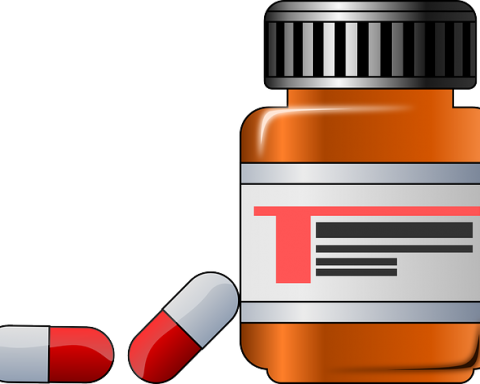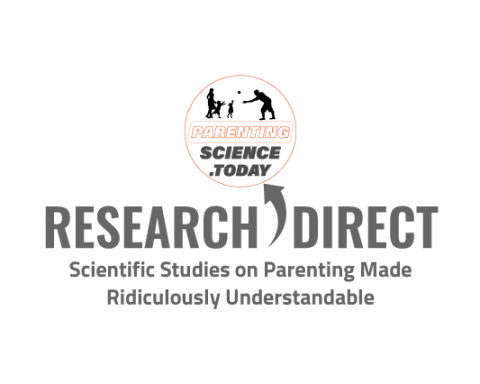Until it starts producing on its own, the fetus is largely dependent on the mother for the supply of several substances, including thyroid hormones. The thyroid hormones include TSH (thyroid stimulating hormone), T3, and T4/FT4. (FT4 is free T4, which is not bound to protein). TSH is produced in the pituitary gland, a small gland located in the brain. It regulates the production of T3 and T4 hormones, which are produced by the thyroid gland located in the neck and are responsible for controlling the body’s metabolism.
Apart from controlling the metabolism, thyroid hormones are required for a number of other functions during pregnancy. Thyroid dysfunction is associated with many adverse obstetric and infant outcomes, including sudden miscarriages and fetal death, pregnancy-induced hypertension, preterm delivery, placental abruption, perinatal death, large-for gestational-age-infants, and neurodevelopmental deficiencies in infants. These neurodevelopmental deficiencies can persist for several years, even as long as nine years after birth.
Several studies have examined the relationship between the concentration of thyroid hormones and the neurodevelopment of babies. Most of these studies show varied results and do not lead to any definite conclusions. The differing results of these studies may be due to many factors, but one important consideration is whether thyroid dysfunction should be measured using TSH levels or T4/FT4 levels. (Should researchers assess high TSH levels with normal T4/FT4 levels? Or, should they evaluate low T4/FT4 levels with normal TSH levels?)
How Do Maternal Thyroid Hormone Levels Affect the Neurodevelopment of Children?
A team of researchers led by Fiona Williams investigated the relationship between the level of maternal thyroid hormones and the neurodevelopment of infants up to 5.5 years of age.
The study, titled “Mild Maternal Thyroid Dysfunction at Delivery of Infants Born ≤34 Weeks and Neurodevelopmental Outcome at 5.5 Years,” revealed many important relationships between maternal thyroid dysfunction and neurodevelopmental deficiencies that occurred later in infants born preterm.
About 166 children born to 143 Scottish mothers were recruited for this study. The participants included 122 singletons, 19 twins, and 2 triplets. The babies were born preterm at 34 weeks of gestation or less. The thyroid hormone levels of the mother and cord and of the baby were measured following birth. After 5.5 years, the neurodevelopment of the children was assessed using the McCarthy Scales. The McCarthy Scales provide information on cognitive development as well as fine and gross motor skills using six different parameters.
The Results
With respect to TSH levels, McCarthy scores were lower among children born to mothers who had higher levels of TSH. The McCarthy scores of children born to mildly hypothyroid mothers (i.e., slightly lower levels of TSH) were also lower than the McCarthy scores of children born to mothers with normal thyroid function.
Children of mothers with slightly lower levels of FT4 hormone had higher McCarthy scores. On the other hand, maternal T4 levels were not associated with either high or low McCarthy scores.
This study shows that higher levels of TSH during pregnancy are associated with lower neurodevelopmental assessment scores. In contrast, lower levels of maternal FT4 are associated with higher neurodevelopmental assessment scores. This is consistent with the results of another study, which showed that higher TSH levels during the second trimester of pregnancy resulted in lower scores for children on fifteen other intelligence assessment tests.
The thyroid hormones depend on the body’s iodine level for their synthesis and metabolism. Any increase or decrease in maternal thyroid hormone levels should be addressed immediately, paying particular attention to the iodine levels in the body. An analysis showed that the outcomes of hypothyroidism are worse if left untreated during pregnancy.
Note: This article is for informative purposes only. Consult a physician before implementing any therapy or treatment during pregnancy.
Reference
Williams, Fiona, Jennifer Watson, Simon Ogston, Robert Hume, Peter Willatts, Theo Visser, and Scottish Preterm Thyroid Group. “Mild Maternal Thyroid Dysfunction at Delivery of Infants Born ≤34 Weeks and Neurodevelopmental Outcome at 5.5 Years.” The Journal of Clinical Endocrinology & Metabolism 97, no. 6 (2012): 1977–1985. Retrieved from https://www.ncbi.nlm.nih.gov














[…] pregnant women with hypothyroidism, serum TSH levels should be monitored closely. Levothyroxine should be used to keep TSH levels […]